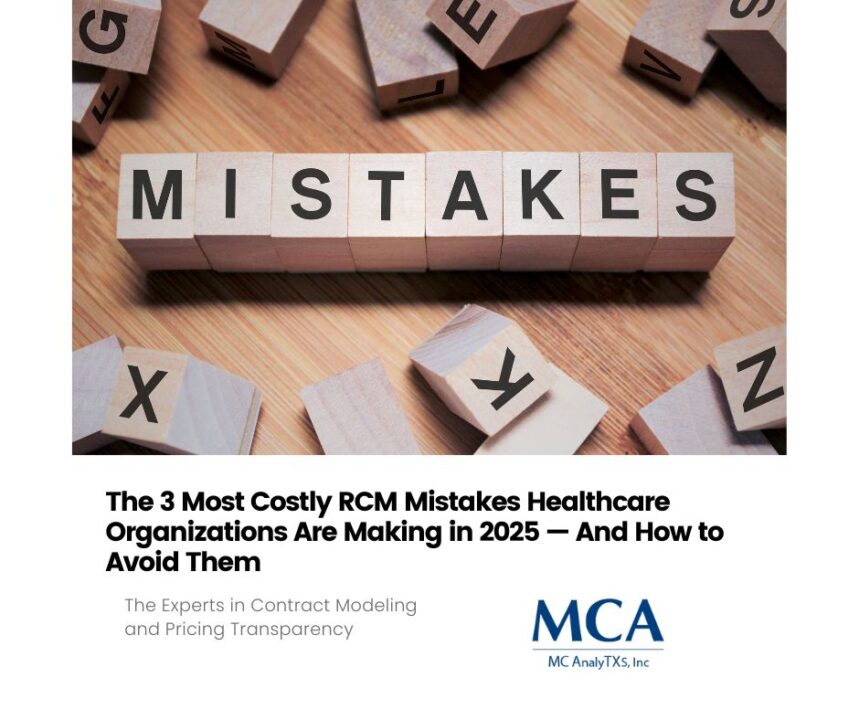
Why aren’t value-based care arrangements more common in behavioral health care?
October 20, 2023
The Appeal of Hospital Fines for Alleged Price Transparency Violations
October 25, 2023Introduction:
As healthcare expenses continue to increase, it is crucial that healthcare organizations are able to effectively manage their revenue cycle in order to remain financially stable and provide quality patient care. Revenue cycle management (RCM) encompasses the process of identifying, collecting, and managing payments for medical services provided by healthcare organizations. This blog post will discuss the importance of revenue cycle management in healthcare organizations and provide tips on how to improve RCM processes.
Importance of Revenue Cycle Management in Healthcare Organizations
RCM plays a vital role in the success of healthcare organizations. It ensures that the organization is able to collect payments in a timely manner, which is necessary for the organization to remain financially stable. A strong RCM process also helps to improve patient satisfaction as it ensures that patients are billed accurately and in a timely manner, leading to fewer billing disputes. Additionally, effective RCM processes can help to reduce the amount of bad debt and improve the overall financial performance of the organization.
Tips for Improving Revenue Cycle Management Processes
There are several steps that healthcare organizations can take to improve their RCM processes. These include:
Conducting regular audits of billing and coding processes to ensure accuracy and compliance with regulations.
Implementing technology solutions such as a revenue cycle management system to streamline processes, track claims, and manage denials.
Offering price transparency to patients to improve collections and reduce billing disputes.
Providing training to staff to ensure that they understand the importance of revenue cycle management and the role they play in the process.
Developing a clear financial policy that outlines payment expectations and provides patients with information about payment options.
Emerging Trends in Revenue Cycle Management
As healthcare organizations continue to face financial pressures, new trends are emerging in revenue cycle management. One trend is the use of data analytics to predict and prevent denials. Healthcare organizations are using data analytics tools to identify patterns in claims denials and take proactive steps to prevent them. Another trend is the use of artificial intelligence (AI) in revenue cycle management. AI is being used to automate routine tasks such as patient eligibility checks, coding, and claims processing, freeing up staff to focus on more complex tasks.
Impact of COVID-19 on Revenue Cycle Management
The COVID-19 pandemic has had a significant impact on the revenue cycle management processes of healthcare organizations. The pandemic has resulted in an increase in claims denials, as many patients have lost insurance or have had delays in coverage due to the pandemic. Additionally, the pandemic has resulted in changes to telehealth billing guidelines, which has created confusion for providers. In response, healthcare organizations are leveraging technology solutions and implementing new processes to address the challenges posed by the pandemic.
Conclusion:
Revenue cycle management is a critical part of healthcare organizations’ financial operations. In order to improve RCM processes, it is important that healthcare organizations invest in technology solutions, implement clear financial policies, and provide training to staff. Healthcare organizations should also keep up with emerging trends in RCM such as the use of data analytics and AI. As the healthcare landscape continues to change, organizations must adapt their RCM processes to maintain financial stability and provide quality patient care.





